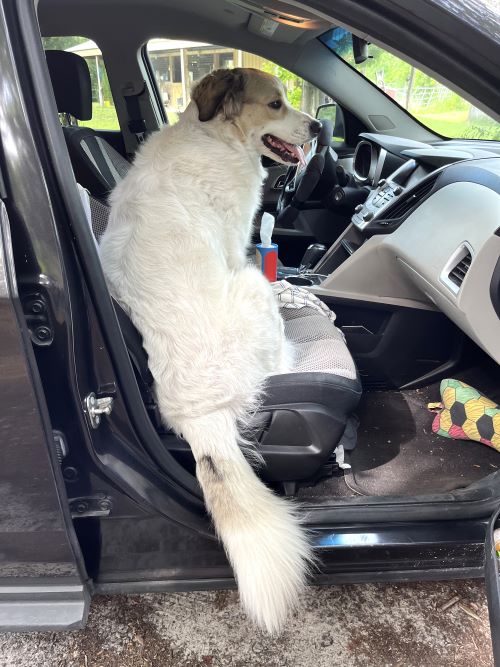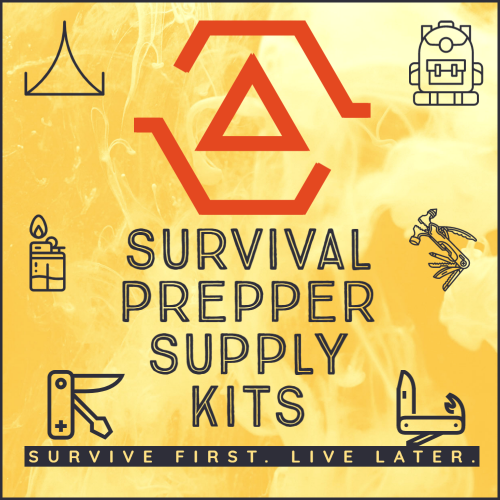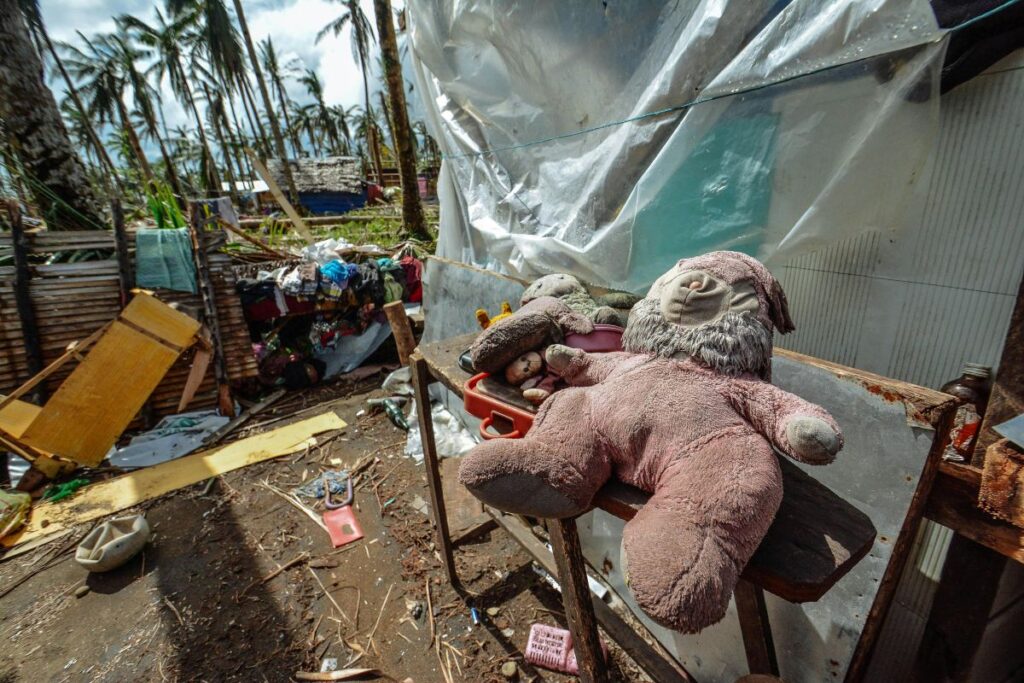Residents of New Orleans and the surrounding Gulf Coast regions could not have waited any longer for assistance. For pet owners, however, the rescue mission had a price. Leave your pet at home. Take precautions before the catastrophe hits. You and your pet might be able to save each other’s lives. Here’s what you need to do.

- If you’re living in an apartment, think about placing a sign stating, “Animals Inside.” In case of fire, your pet’s chances of survival may increase if the firemen know.
- Maintain your case, lead, and other equipment in a convenient location. It may waste valuable time if you have to look for these things in a hurry.
Read this for a laugh: Great Pyrenees Grooming Tips – You Gotta Have SPECIAL Techniques for Large Breed Dogs
Know Your Neighbors
A good neighbor might sometimes be our first-line defense.
- If you have to move out in an emergency, give a trustworthy friend or family member a spare house/apartment key. Your neighbors are more likely to be able to come to your pet’s rescue if they are close by. It may be too late to inform your friends/family members about the emergency.
- Make an emergency plan. What steps should you take in the event of a crisis? Is there a phone nearby? Make sure a neighbor has access to your phone number, as well as any phone numbers where you can reach you, such as a workplace or home. In bold, big lettering, write the numbers down. Laminate the sheet.
- Fido, Buffy, Max, Celia, Snorky… If you have more than one pet, make certain your neighbor has the following information:
- The Number of Pets You Have. If they know how many pets they need to find, chances increase greatly all will be rescued.
- What Type of Animals Do You Have? If Celia is a goldfish and your neighbor is looking for a dog, Celia’s chances of rescue drop. Ensure you are clear about the type of animal your neighbor should find.
- Location of Pets in Your Home. This is important for caged animals such as birds, snakes, hamsters, etc. Do you keep your dog penned in the backyard? Let them know. The less time your neighbor spends searching for your pets, the more time they have to get them out quickly and safely
- Hi. My Name Is… If your neighbor can’t find your pet, they may respond if their names are called. Will they come when you whistle? Tell your neighbor. The more specific information they have, the better your pet’s chance of rescue.
Interesting read: The Dogs of Chernobyl Are Experiencing Rapid Evolution, Study Suggests
On the Road Again
Before leaving for a long vacation, speak with the person in charge of taking care of your pet. Make sure you can trust him or her, such as a responsible member of the family, a friend, or a neighbor. Before departing, verify a pet-sitting agency’s qualifications. Inquire with previous customers if they used them and get feedback. It’s preferable to know beforehand than to have to deal with an issue when you get back.

Discuss what your pet sitter will do in case of a crisis. Also, make sure your contact information is readily available.
Related: Do You Have a Pet Sitter for Emergencies?
Points to consider:
- If your pet sitter can’t take care of your pets while you’re gone, provide them with the contact information of a family member, friend, dog boarding company, or another pet care provider.
- In the event of an evacuation, will you take your animals?
- If you are forced to evacuate your house, provide emergency personnel with your contact information and that of a trusted family member. If you and your sitter cannot reach each other, you can each call the contact who can help relay information.
- If you need to travel away from home, make arrangements with family and friends nearby to care for your pet. If you are unable to, look for someone who can. If you have more than one animal, make sure to contact those who can accommodate them all. Otherwise, seek out others who can take care of them as substitutes.
Make sure your pets are properly identified. Include your last name and telephone number as well as the pet’s name on the ID tag. Consider using a cell phone number if you and your pet are separated and can’t go home. A good identity source now is to microchip. All of my animals are ‘chipped’.
When it comes to first impressions, it takes only a few seconds. So, what do you do in these few seconds?
READ THIS: Is It Hard to Move Chickens? From ChickenMethod.com
Your Little Black Book
Begin collecting important phone numbers and information now so you will have them in case of an emergency. You can find this information online or by contacting animal organizations like the ASPCA or The Humane Society. You should also include a 24-hour animal hospital and your veterinarian.
- Some animal shelters may refuse to take animals in need of a place to remain temporarily, but others will. Locate the facilities in your region in case that happens.
- While traveling, you may have to stay at a pet-friendly hotel. If you can’t find friends and family, the contact information, location, and address of a motel that welcomes dogs may save you.
- Shelters for Animals. Even the most meticulously planned activities may go awry. If this is the case, contact your local shelter or call a veterinarian to see if they can take them all.
- The following are a few places to begin gathering more information.
The American Society for the Prevention of Cruelty of Animals
The American Veterinary Medicine Association is a charitable organization in the United States. It was founded as a non-profit organization dedicated to animal health and welfare. Also, check your local listings for the Humane Society.
The Humane Society of the United States
In such a scenario, act quickly. Time is critical.
- As soon as feasible, depart with your pet. Don’t leave your animal companion at home believing that you’ll be able to come back for them later. It’s unlikely you’ll be allowed to go back until the situation is under control.
- f you are driving, load up the animals and hit the road. If you can’t bring a pet to where you’re heading, use your first choice of a family member or other acquaintance. After that, if you have a place to stay that is pet-friendly, you may use those accommodations. Your pets may discover a haven at a nearby animal shelter. If worse comes to worst, you may be able to find someone along the way who can help you.
- If you are not able to take your pets to a safe and secure location and you must leave, improving your chances of success, animals should be unchained or uncaged. Let them be free to rely on their natural survival instincts.






